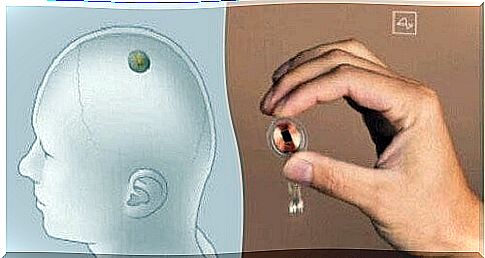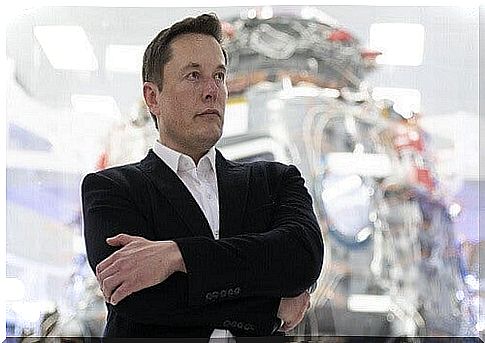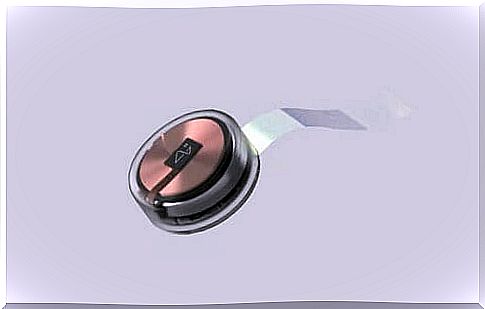Neuralink: Connecting The Brain To The Computer

If there is a name capable of generating admiration and controversy at the same time, it is that of Elon Musk. Some call him the modern-day King Midas or the new Nikola Tesla (from which the electric car company takes its name). In any case, Elon Musk is a determined promoter of the technology, of which he recently showed the world his latest creation: Neuralink, a neural interface capable of connecting to a computer.
Reading the title of this article it is easy to understand the repercussions of this revolutionary idea. Musk presents us with a chip the size of a coin that can store a huge amount of information, learn new languages as if we were downloading an application from our mobile and much more. In short, a chip that can boost our brain. Everything we had so far only read in the stories of Isaac Asimov, Arthur C. Clark and Philip K. Dick.
The reality, however, is that at the moment this prototype has a rather limited focus. To date, in fact, the tests have only been conducted on animals. In particular, the Neuralink chip was implanted to record the brain activity of a group of pigs including Gertrude, a young specimen unable to understand the extent of this technology.
The purpose (at the moment) is geared towards medical purposes such as detecting epileptic seizures or improving the quality of life of individuals with spinal cord injuries.

What to know about Neuralink
The ultimate goal is to achieve absolute symbiosis with artificial intelligence. This is the dream that led Elon Musk to found, in 2016, a neurotechnology company specializing in the development of brain-computerized interfaces. Such news can arouse anxiety, but also curiosity, hope and, why not, fear.
The prospect of a merger of human life with machines portends an almost revolutionary change in our lives.
The union of technology with the human body and, specifically with the brain, is a possibility that opens up a kaleidoscope of ethical and social questions on which it makes sense to start thinking.
What is Neuralink?
Neuralink is a chip that has been in the works for nearly four years. In 2019, a small device implanted in the brain of a mouse was unveiled. The second generation of the product was presented on August 28th; a coin-sized device that can be implanted directly into the skull (tests have currently only been conducted on pigs).
- The device measures approximately 8 millimeters in diameter and contains a small probe inside.
- This probe in turn contains 3000 flexible electrodes as thin as human hair, capable of monitoring the activity of 1000 neurons. The chip is implanted under local anesthesia and subjects, specifically Gertrude and two other pigs, can lead their lives normally.
- This technology also benefits from Bluetooth connection to be able to connect to an external computer. What good is it? At the moment, Elon Musk has limited himself to observing the brain activity of the pigs to understand how the computer processes and recognizes the information received by the chip.
- The next step is to make the chip a valuable ally in the treatment of spinal and neurological diseases such as paralysis, brain damage or depression.
Elon Musk is convinced that these pathologies are attributable to neuronal alterations and that we could find a solution thanks to the connection between the Neuralink chip and a computer.
Future goals: superhuman cognition
One of the aspirations of this technology is the attainment of superhuman cognition. What does it mean? Elon Musk wants to put machines at our service, not the other way around. In other words, it wants to keep artificial intelligence in check.
Thanks to the Neuralink chip, we may have more potential and, above all, healthy brains in the future. Diseases such as Alzheimer’s, Parkinson’s or any other neurodegenerative condition would cease to exist as this technology would allow memory and other cognitive functions to be preserved.
It will take time to connect the brain and the computer
The truth is that basic devices that connect brains and machines already exist. We have, for example, machines that record brain activity, such as the electroencephalogram (EEG). Similarly, the Defense Advanced Research Projects Agency (DARPA) has already created a surgical microchip that allows a paralyzed person to fly planes through simulation.
Neuralink wants to go further, achieving a continuous and uninterrupted flow of information between the computer and the brain. The goals are bold: to see a quadriplegic regain motor capacity, recover lost functions to those who have suffered a trauma or even offer positive mental stimuli to those suffering from depression.
All this, however, will take time. Elon Mask has announced that tests on humans will begin soon, still impossible today due to some aspects of the chip that need to be improved.
It is necessary to further optimize the robot that will take care of implanting the chip in order to perform an operation as fast and accurate as possible. The surgery should take less than an hour and the device, once implanted, will not be visible to the naked eye.

Concrete goals and ethical dilemma
“This is not science fiction,” says a member of Elon Musk’s team who developed the technology. “In time it will be real, practical and commercial, but it takes time”.
In addition to the technical times, in fact, there are also problems of an ethical and social nature. When it’s finished, Neuralink will have access to all of our thoughts and can potentially even act on them.
It would offer us data with which to recover information lost as a result of illness or accidents. But what if our memories were stored on a computer and other people had access to them?
They may decide to cancel a traumatic element to improve our psychological balance. Will it be lawful? And what would happen in case of computer piracy?
All questions and doubts that should be addressed as soon as possible, because the future advances in an unstoppable way and we must be prepared for great changes. Elon Musk’s companies are certainly leading the way.









